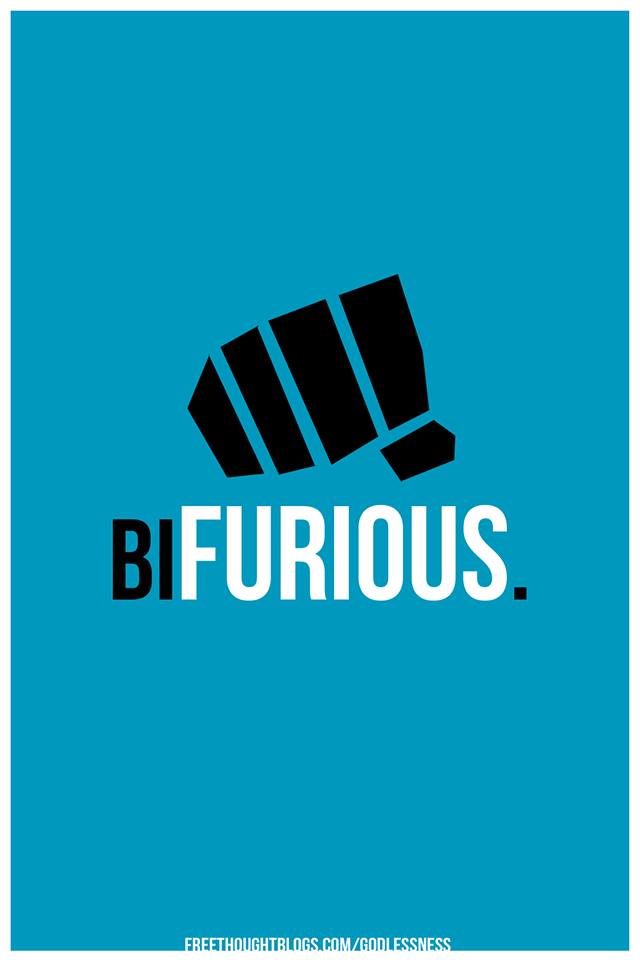1. Free access to popular forensic psych articles! I’ve been caught up in work and school, but Citizenship: A Response to the Marginalization of People with Mental Illnesses and The Ethics of Life and Death: Advance Directives and End of Life Decision Making in Persons with Dementia open on my computer.
2. This is not like what I normally post, but THIS IS A WEBSITE FOR UNGRUNTLING. Obviously, relevant to my interests.
3. Wait vs. Interrupt Culture.
4. Captain Awkward #524: How do I fight with my partner without ruining everything? Captain Awkward posts give me the urge to print them out and hand them to passing strangers.
Another part of love is telling the other person when they can help you better, which from your examples it sounds like you’re doing already.
[…]
But you and your partner don’t fight at all, and that is wigging you out. So I want you to think about what a fight is, versus a disagreement or a need. To me, a FIGHT is insulting and yelling and cursing and slammed doors. It’s rage and wanting to hurt feelings and sticking metaphorical pins in your loved one’s soft places.
You do not have to fight to prove that your love is true.
5. A Day in The Life of an Empowered Female Heroine
She strolled up to the bar and planted a firm-yet-sexy pump-encased foot down on the rail. The bartender looked at her and started pulling out little frilly umbrellas and Malibu and speared slices of pineapple to make some kind of girl drink, but she held up her hand. “A whiskey,” she said, her voice low in her throat. “Neat.”
Behind her the pool table exploded. Every man in the bar immediately grew a beard. The jukebox made a record-scratching sound, even though it was an mp3-playing jukebox.
6. Evaluating positive psychology interventions in school. The results are about what I’d expect, but the article is great.
7. What happens when a data-driven person has a tumblr and a divorce? Quantified Breakup.
8. Oh, psychology and reproducibility. Social psychology is a tricksy beast, and one way to tackle that has been the ManyLabs project, which attempted to do large-scale replications of 13 previous findings. Surprising (to me, at least, the occasional cynic) all but two of them replicated. So no, it’s probably not true that exposing people to American flags makes them more conservative, and no, people probably don’t endorse the current social set-up if you show them money. (We should take heed, social-justicey-liberals, these have been two the oft-cited psych-derived talking points.) Concerningly, anchoring seems to be stronger than we thought.
8a) Here’s a thoughtful piece on what we should get from the ManyLabs research.
8b) And some concerns about replication-driven psychology research.
9. Maria Bello’s piece on bisexuality and partnerships makes me ache with feelings. Resonant. Rich. (I’m starting to sound like I’m describing a wine. Just go read it.)
It’s hard for me even to define the term “partner.” For five years I considered my partner to be a friend then in his 70s, John Calley, with whom I talked daily. He was the one who picked me up each time I had a breakdown about another failed romance. Because we were platonic, did that make him any less of a partner?
And I have never understood the distinction of “primary” partner. Does that imply we have secondary and tertiary partners, too? Can my primary partner be my sister or child or best friend, or does it have to be someone I am having sex with? I have two friends who are sisters who have lived together for 15 years and raised a daughter. Are they not partners because they don’t have sex? And many married couples I know haven’t had sex for years. Are they any less partners?

